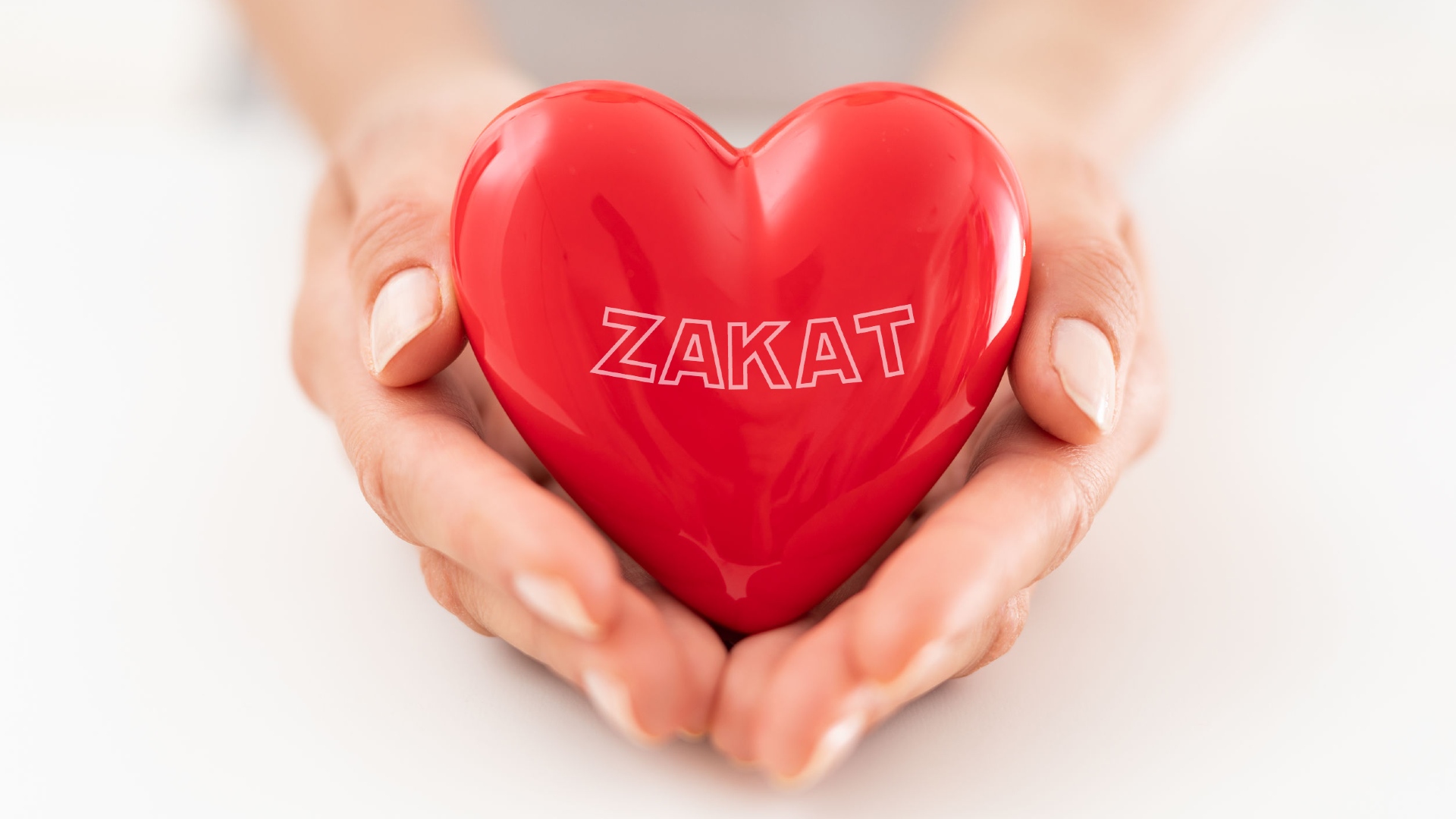Zakat: Get To Know A Lesser-Known Aspect Of Ramadan
Whenever Ramadan rolls around, there are bound to be many interesting conversations that come up between me and my non-Muslim kakis.
"Bro, you fasting how many hours, ah?" "Can fast but still drink water, or not?" "If you forget to wake up to eat before sunrise, how you tahan?"
The short answers are, respectively, "sunrise to sunset", "how I wish", and "bo pian lor, just tahan". But these queries, as you can see, only revolve around the subject of fasting. There are also other aspects of Ramadan that are barely brought up as they are not common knowledge.
One of the lesser-known obligations during this month is paying zakat. Thankfully, financial advisor and wealth planner Muhammad Hadly is able to enlighten us on its significance and how it can be beneficial for our non-Muslim friends as well.
Zakat - A Muslimah fulfilling her Zakat. Zakat is the third pillar of Islam and a symbol of Islamic social justice.
Posted by Zakat Singapore on Sunday, June 9, 2019
What is zakat and what is its importance during Ramadan?
Zakat or almsgiving is one of the five pillars of Islam. Every sane adult Muslim who acquires a certain wealth over a period of time (normally one full financial year) - this is also known as nisab - must pay 2.5% of that wealth. This portion is also known as zakat.
Ramadan is considered the holiest month in the Islamic calendar. Therefore, Muslims around the world take this opportunity to do extra good by giving back to society.
It is also encouraged to practice good habits spiritually, mentally and financially. Therefore, giving zakat is important to maintain balance throughout the world as this money will go towards helping the poor and needy.
How does charity play a part for Muslims during Ramadan?
The Arabic term infaq means to provide charity without expecting any rewards in return.
Charity plays a huge part during Ramadan as we believe that when a giver is charitable, he or she does not lose his or her income and wealth because God guarantees that at least the same amount will be returned, if not more - and not necessarily in the form of monetary wealth, but also through good health, contentment and mental fulfilment.
Personally, I will take this time to help my clients with their finances to prepare for future Ramadans as giving zakat is a yearly affair for all Muslims. So it’s crucial that the advice provided must be for the long term.
What are the different types of zakat?
There is "Zakat Fitrah" which is also known as "Zakat of Ramadan" or "Zakat Fitri". It is prescribed as a means of purification for the person who fasts, redressing wrong deeds and undesirable words uttered during fasting.
However, Zakat Fitrah is primarily meant as a relief aid for the poor and needy. All 100% per cent of Zakat Fitrah collection during Ramadan is disbursed to vulnerable families worldwide. It is an obligatory practice for all Muslims to contribute a small amount of wealth to charity in the month of Ramadan.
Then there is "Zakat Harta" which can be given during other months after the individual has accumulated one full financial year's worth of wealth.
How can people go about making their zakat payments?
You can make payment at the mosque as there are designated professionals to assist you.
But with current technology and due to the pandemic, online payment such as Paynow, iBanking and Debit card payment is highly encouraged and can be done by simply searching online.
How does your role as a financial advisor help in educating both Muslims and non-Muslims in this concept?
Clients look at me as a go-to guide to put aside and prepare their wealth for their upcoming Zakat Harta, Zakat Fitrah, Infaq and other obligatory systems.
That's where I come in to provide them with more information. They have peace of mind, knowing that they can rely on my resources and sharing.
My main role is to ensure clients practice good financial habits. Seeing them (both Muslims and non-Muslims) benefitting from this concept is really heart-warming because they feel that with all the accumulated wealth, it is important that they take some of it to give back to society.
Spirit of Volunteerism - A student from Hwa Chong Institution helping out with a Ramadan porridge giveaway.
Posted by Zakat Singapore on Sunday, June 9, 2019
How aware are most people in general to the concept of zakat and can it be relevant to non-Muslims as well?
Don’t be surprised that many are actually not aware of this obligatory system. As Ramadan is a good month for reflection, this concept can also be adopted by anyone.
It could, for instance, inspire a non-Muslim to think, "since my Muslim friends are giving back to society, why not we all play a part and contribute to the needy in our own communities?"
For more information on how to pay zakat, click here.
If you'd like to learn more about wealth management and financial planning, you can reach out to Hadly on his Instagram.
For the latest updates on Wonderwall.sg, be sure to follow us on Facebook and Instagram. If you have a story idea for us, email us at [email protected].











